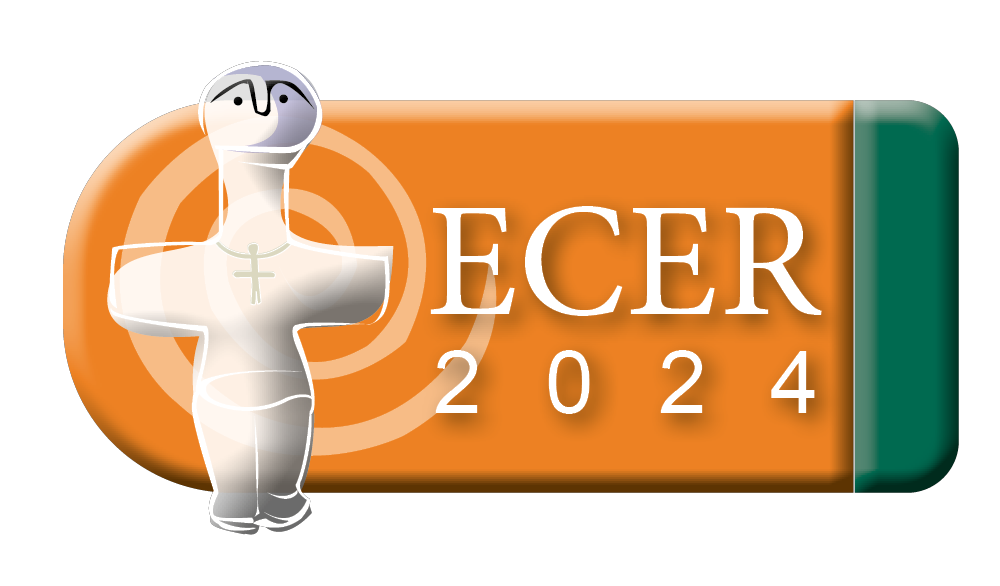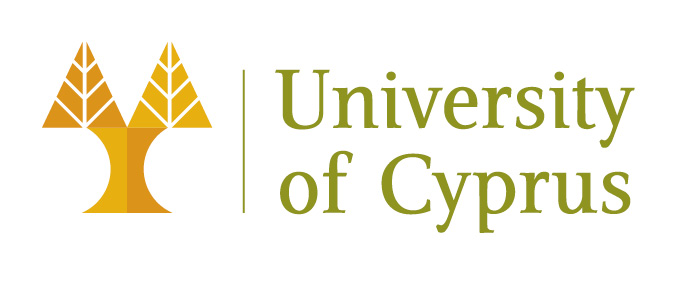- Speakers: Piety Runhaar (Wageningen University); Melissa Tuytens (Gent University), Eva Vekeman (Gent University), Geert Devos (Gent University); Rachel Verheijen-Tiemstra (Fontys), Anje Ros (Fontys), Marc Vermeulen (Tilburg University), Rob Poell (Tilburg University)
- Chairperson: Piety Runhaar (Wageningen University)
- Discussant: Christine Teelken (Vrije Universiteit Amsterdam)
- When: 00 SES 09 A / Thursday, 29/Aug/2024: 9:30 - 11:00
- Location: Room LRC 012 in Library (Learning Resource Center "Stelios Ioannou" [LRC]); Ground Floor
Increasing teacher and school leader shortages and, simultaneously, an increase of demands regarding student achievements and teacher quality force schools to invest in their ‘human capital’ (OECD, 2023). While this means a challenge in itself, due to all kinds of social, political, and economic problems (see also the call of proposals of ECER, 2024), the context wherein schools operate has become more and more complex and uncertain. For example, younger colleagues often have other job-expectations than their older counterparts (Skýpalová, 2023) causing challenges to retain them; more diversity in the classroom and the call for more equal chances among pupils force schools to formulate specific policies (Donlevy et al, 2015); uncertainty and instability in funding causes problems in policy implementation (Waslander, 20123); technological developments, such as AI, alter our conceptions of assignments and assessments, leading to curricular changes and professionalization needs.
While all these developments require learning and development of all educational professionals, simultaneously, they impact its facilitation, hence making it a ‘wicked issue’ (Runhaar, 2023). Wicked issues are ambivalent and cannot be ‘solved’ in the sense they disappear (Bore & Wright, 2009). In order to understand wicked issues, an ecological perspective is needed (Wielkiewicz e.a. 2005), meaning that the impact and interdependence of factors playing a role at different levels of the system at hand need to be acknowledged and that multiple theoretical perspectives as well as the views of different actors are included. But how to study these types of issues?
The papers of our symposium are all about learning and development in education, but focus on different types of professionals (e.g. school leaders and starting teachers) working in different types of schools (e.g. secondary or vocational schools) or other organizations (e.g. child centra, teacher education institutes). Professional learning is conceptualized in various ways (e.g. as induction or as collaborative learning) and multiple perspectives are taken into account. Taken together, the papers contain ingredients for studying complex issues from an ecological perspective. We aim to formulate practical recommendations for educational research by discussing the differences and similarities among the papers with the audience.
The symposium is supported by the The Netherlands Educational Research Association (VOR) (www.vorsite.nl).

Important Dates ECER 2024
01.12.2023 | Submission starts |
31.01.2024 | Submission ends |
01.04.2024 | Registration starts |
03.04.2024 | Review results announced |
15.05.2024 | Early bird ends |
26.06.2024 | Presentation times announced |
30.06.2024 | Registration Deadline for Presenters |
26.08.2024 | ERC First Day |
27.08.2024 | ECER First Day |
Hosting Organisation

Local Services Website
Our partners EasyConferences support EERA, the University of Cyprus and you as conference participant in all matters around:
- accommodation
- transport
- travel advice and visa information
- bookable social and side events.